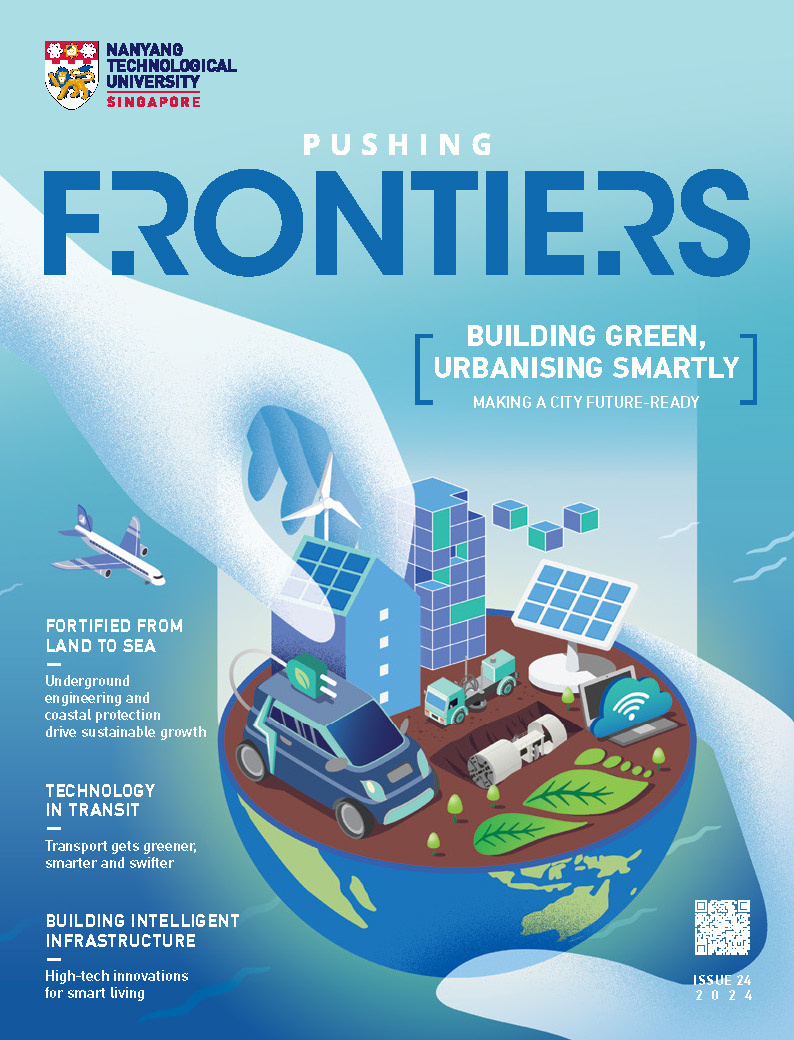Age matters when learning new languages
The ability of older individuals to pick up new languages depends on how competent they are in their first language.

A recent NTU-led study has shown that the ability of older individuals to learn new languages could depend on how competent they are in their first language.
Dr Kastoori Kalaivanan, a research fellow at the NTU-Cambridge Centre for Lifelong Learning and Individualised Cognition, and Assoc Prof Alice H.D. Chan from the University's School of Humanities, found that Tamil-English bilingual Singaporeans whose first language is Tamil had varying levels of Tamil and English perceptual sensitivity – the ability to distinguish between similar speech sounds that differentiate words in a language.
The ability of younger participants (aged 19 to 33) in the study to perceive Mandarin Chinese tones not native to them depended strongly on their general intelligence and, to a lesser degree, their perceptual sensitivity in Tamil. But the ability of older participants (aged 55 to 70) to distinguish Mandarin Chinese tones is solely dependent on their perceptual sensitivity in Tamil.
These findings suggest that younger and older adults may process non-native speech sounds differently, and that age-related differences should be considered when developing language learning programmes for adult learners.
Details of the study can be found in “Native language perceptual sensitivity predicts nonnative speech perception differently in younger and older Singaporean bilinguals”, published in Journal of Speech, Language, and Hearing Research (2023), DOI: 10.1044/2022_JSLHR-22-00199.
The article appeared first in NTU's research and innovation magazine Pushing Frontiers (issue #24, October 2024).














/enri-thumbnails/careeropportunities1f0caf1c-a12d-479c-be7c-3c04e085c617.tmb-mega-menu.jpg?Culture=en&sfvrsn=d7261e3b_1)

/cradle-thumbnails/research-capabilities1516d0ba63aa44f0b4ee77a8c05263b2.tmb-mega-menu.jpg?Culture=en&sfvrsn=1bc94f8_1)

7e6fdc03-9018-4d08-9a98-8a21acbc37ba.tmb-mega-menu.jpg?Culture=en&sfvrsn=7deaf618_1)














.tmb-listing.jpg?Culture=en&sfvrsn=83fa0b1d_1)


-and-professor-hu-xiao-from-ntu-singapore.tmb-listing.jpg?Culture=en&sfvrsn=d0bcffec_1)
























